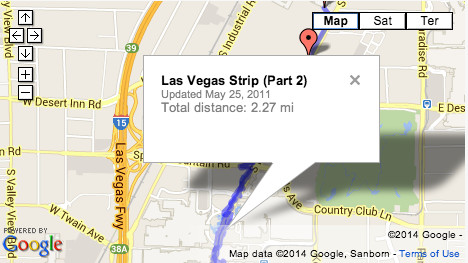Services Selection Board (SSB) is an organization that assesses the candidates for becoming officers into the Indian Armed Forces. The board evaluates the suitability of the candidate for becoming an officer using a standardized protocol of evaluation system which constitutes of personality, intelligence tests, and interviews. There are a variety of pathways to a commission as an officer in Indian Armed Forces after 10+2, graduation and post graduation, as well as for serving armed forces personnel. There is no limit to the number of attempts that can be made. The interview involves a battery of psychological tests of personality, to assess the candidate’s suitability for the commission to the armed forces. The tests help the SSB select candidates with an officer like qualities (“OLQs”). The Services Selection Board is not concerned with the number of commissions available. Its responsibility is just to assess and then, recommend. Successful candidates have a medical examination and if satisfactory are recorded on a “merit list” before training and commission.
The selection occurs over a five-day process. Day 1 involves a screening test, Day 2, psychological tests, Days 3 and 4, group tasks, and Day 5, a compilation of results In Conference. A personal interview is also included during the selection period. The qualities looked for in the selection period include intellect, responsibility, initiative, the judgment under stress, ability to reason and organize, communication skills, determination, courage, self-confidence, speed in decision making, willingness to set an example, compassion and a feeling of loyalty to the nation.
PROCEDURE
Day 1, Screening test – Stage I
On Day 1, stage one of testing is administered. This includes a verbal and non-verbal intelligence test (About 50 questions each) and then a Picture Perception and Description Test (PPDT). In this test, a picture, either hazy or clear is shown to the candidates for 30 seconds. Then, in four minutes, each candidate must win over seventy words, make a story from the picture. In stage two of the PPDT, the candidates are given their stories, which they may revise. Then, in a group, each candidate must narrate his story in under one minute. The group is then asked to create a common story involving each or their perceived picture stories. The suitable candidates are selected based on their performance in day1 for further tests. Remainder candidates would be asked to go back.
Day 2, Psychology test – Stage II
On Day 2, a Thematic Appreciation Test (TAT) or picture story writing is administered. It is similar to the PPDT, but the picture used is clear. The candidates are shown a picture for thirty seconds and then write a story in the next four minutes. Twelve such pictures are shown sequentially. The last picture is a blank slide inviting the candidates to write a story of their choice. Candidates do not need to remember the number of characters in each picture and there is no group discussion.
Also administered on the second day is a Word Association Test. The candidates are shown sixty simple, everyday words in sequence. Each is shown for fifteen seconds. For each word, the candidates write the first thought that comes to mind in response to the word.
Other tests administered on day two are the Situation Reaction Test in which a booklet of 60 situations is given in which responses are to be completed in 30 minutes. The Self Description Test consists of 5 questions asking about the candidate’s parent’s, teacher’s, friend’s and his own perception about himself.
Days 3 and 4, Group test by Group Testing Officer) – Stage II
On the third and fourth days, there are tasks including group discussion, group (military) planning exercises, progressive group tasks, small (half) group tasks, individual tasks (obstacles), group obstacle or “snake race”, command tasks, a lecturette and a final group task.
Days 2, 3 & 4, Interview by IO (Interviewing Officer) – Stage II
On day 2, 3 or 4 along with GTO, individual candidate interview takes place. The interview is conducted by the interviewing officer. It is based on the personal information questionnaires filled by the candidates on day 1 and other general knowledge.
Day 5, final assessment and results(Conference)
On day five, All the SSB board officers and canditates attend the conference. Each candidate has a conversation with a panel of assessors. The assessors look for confidence and expression when speaking , a positive attitude in adversity and in life, and honesty. Following this, the final results are announced. Successful candidates remain for an intensive medical examination taking three to five days at a military hospital.
Indian Coast Guard Selection Board
The Indian Coast Guard (ICG) is part of the Ministry of Defence. ICG officer selection is similar to SSB and is conducted in two phases. Phase 1 is called the Preliminary Selection Board Exam (PBS) which is similar to the SSB screening stage. Phase 2, the Final Selection Board, includes psychological tests, group tasks, a personal interview and an assessor conference.

